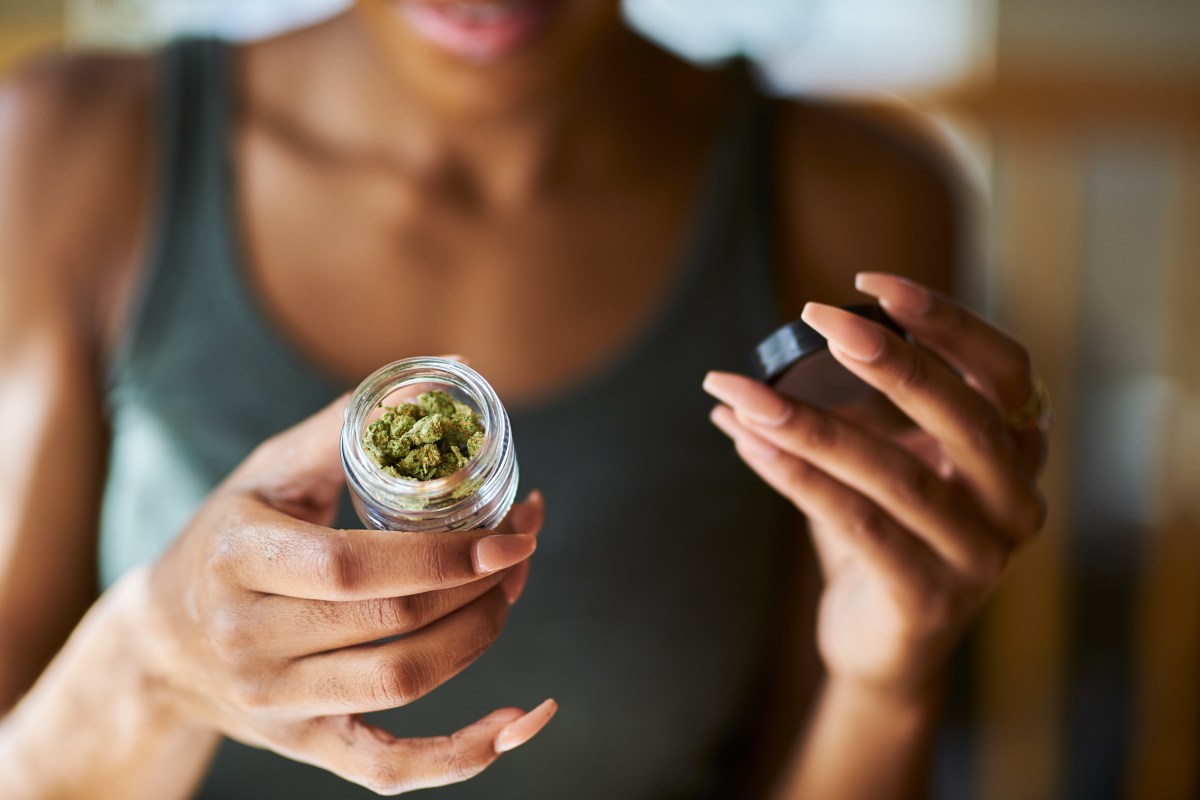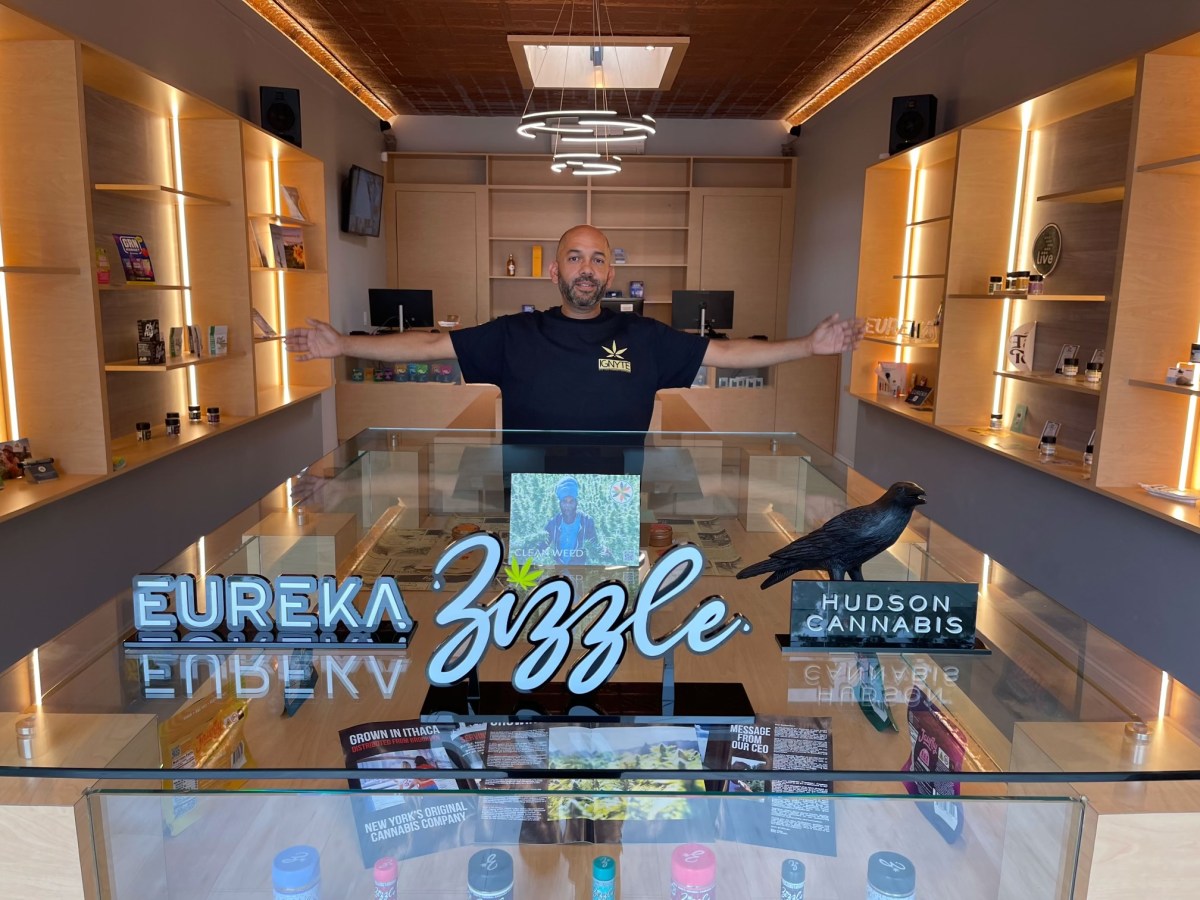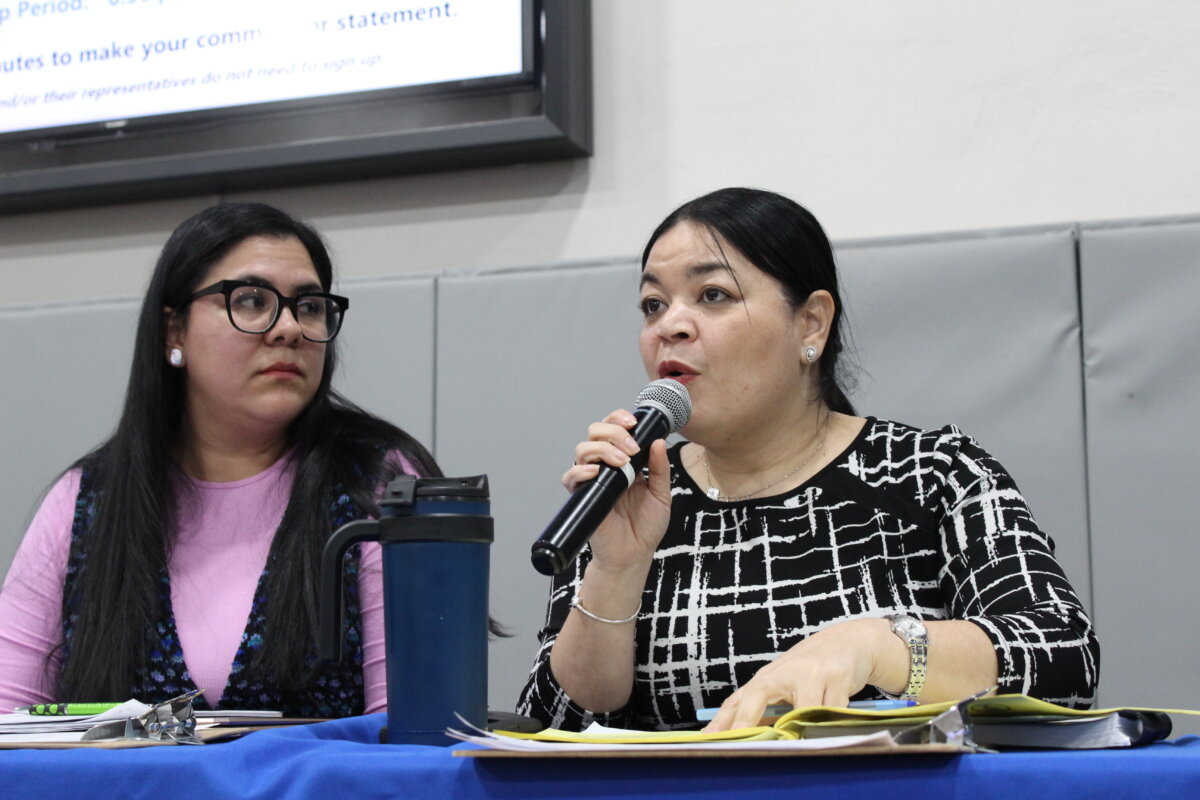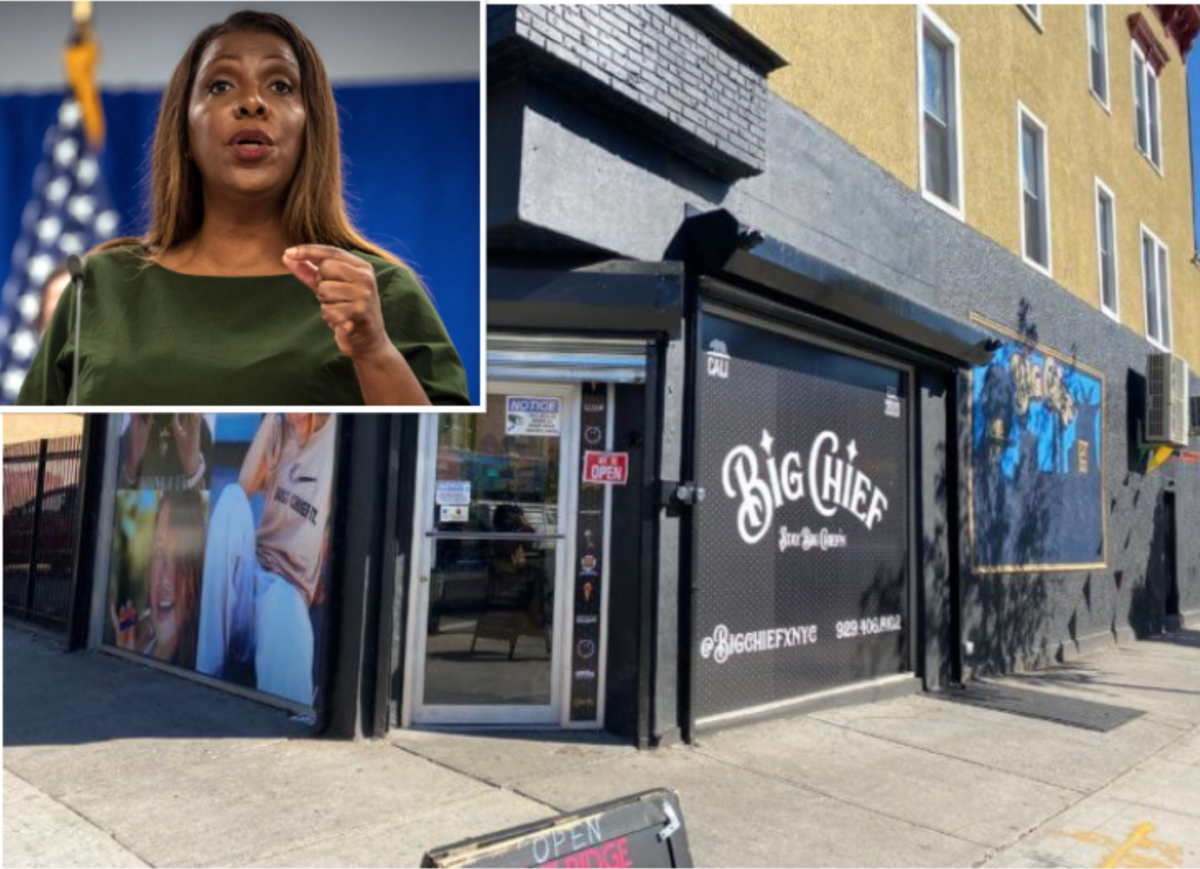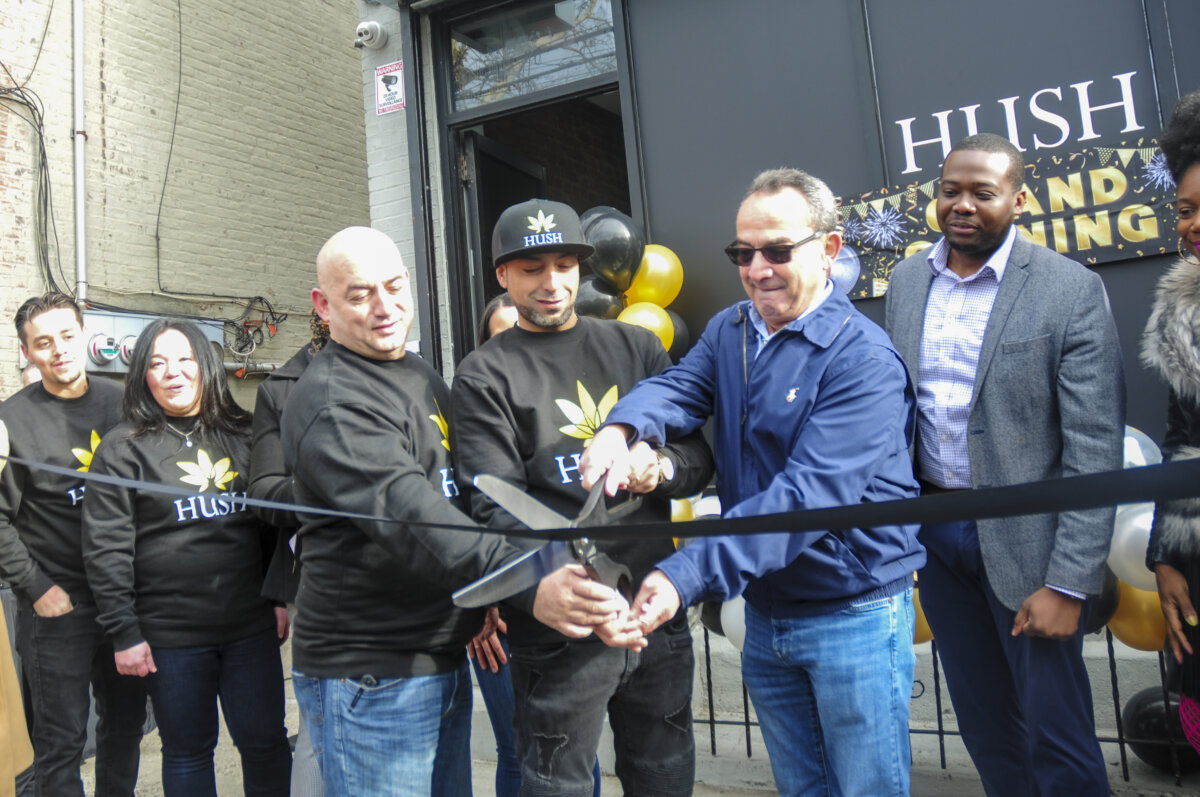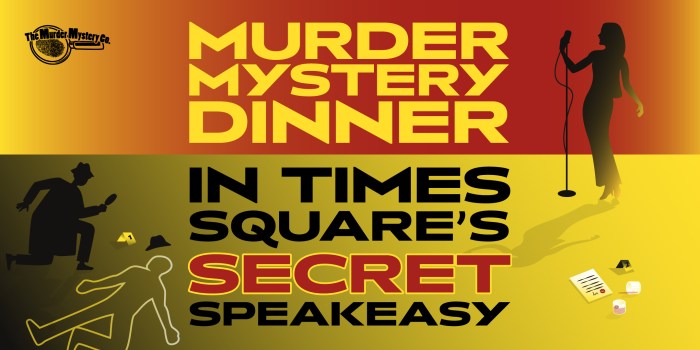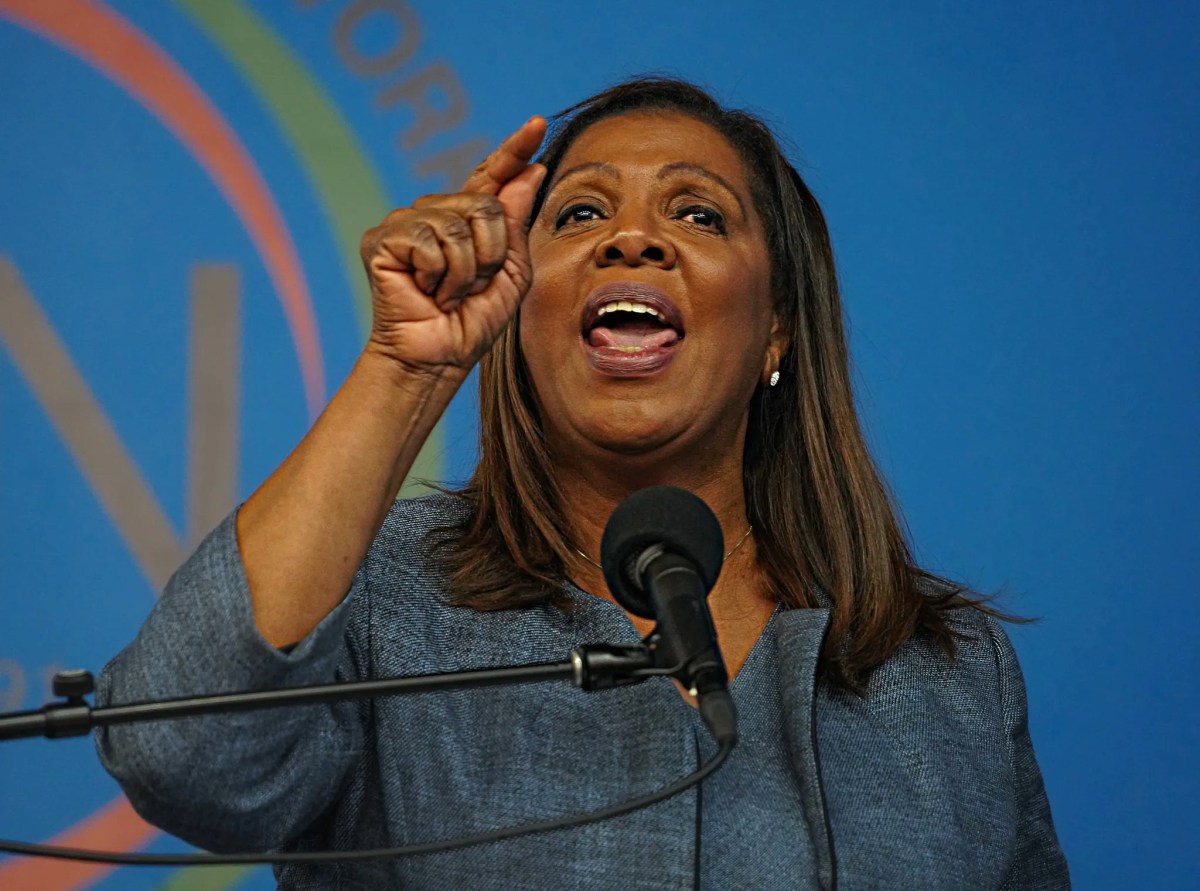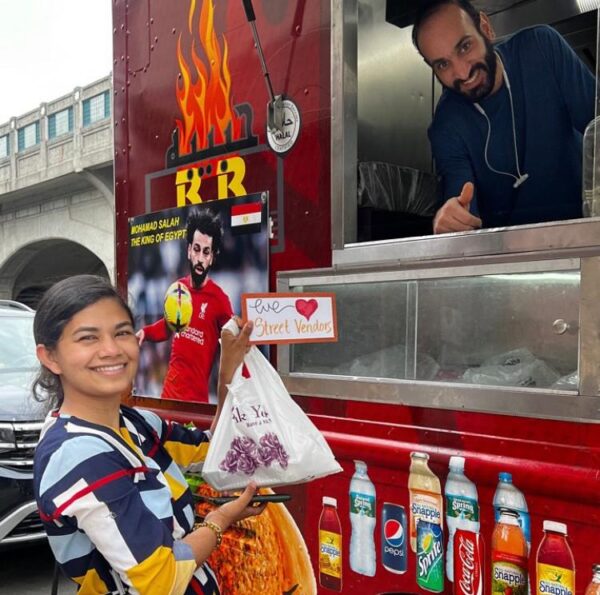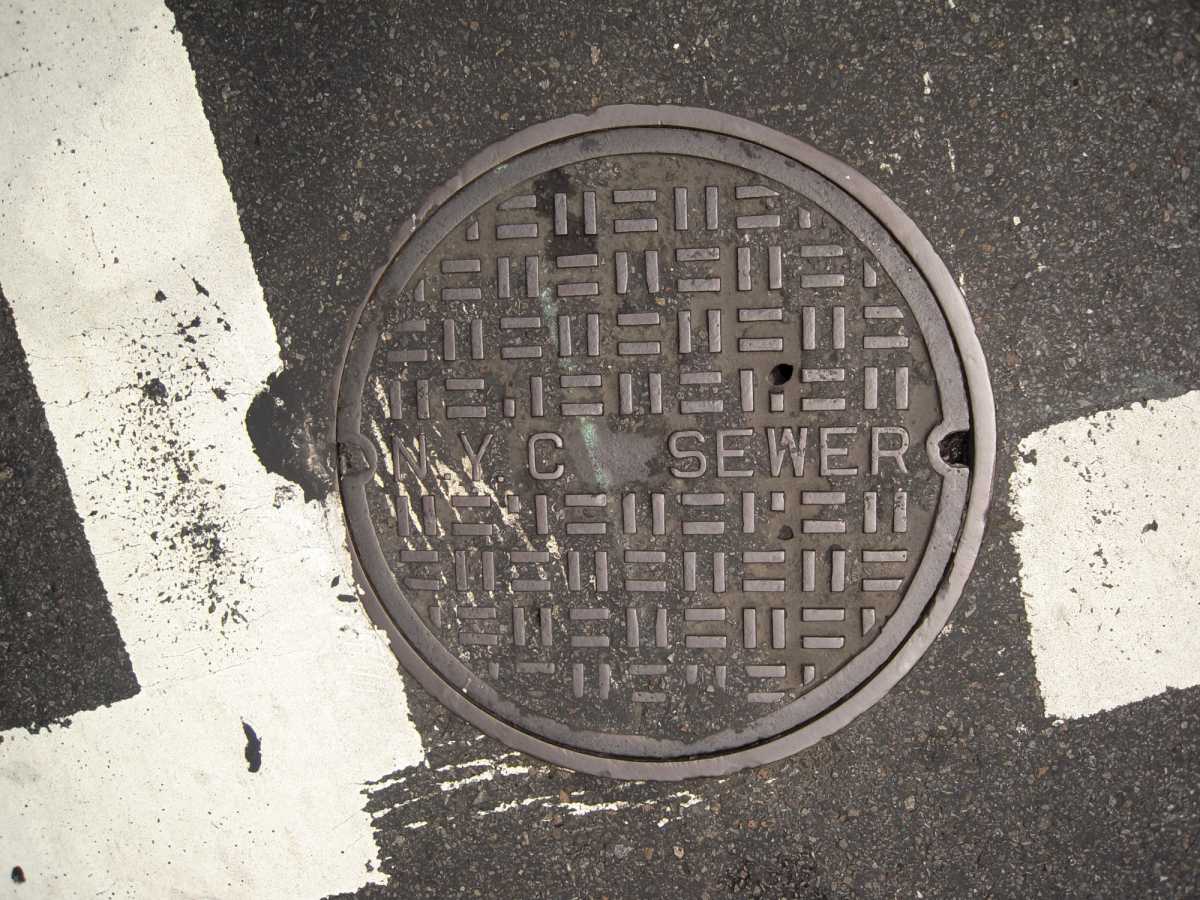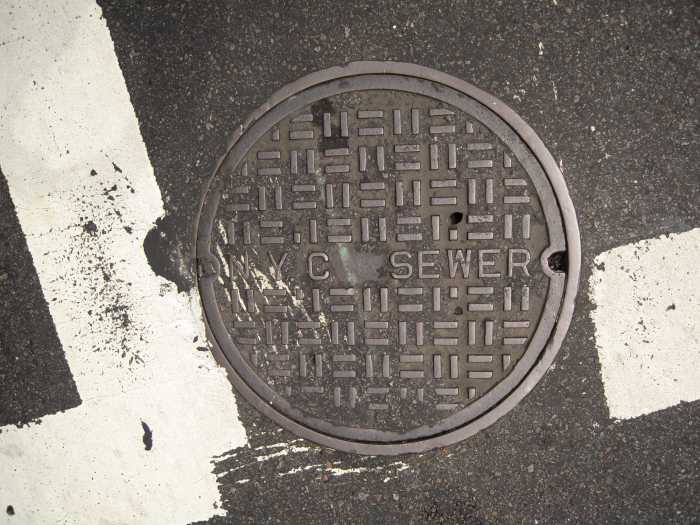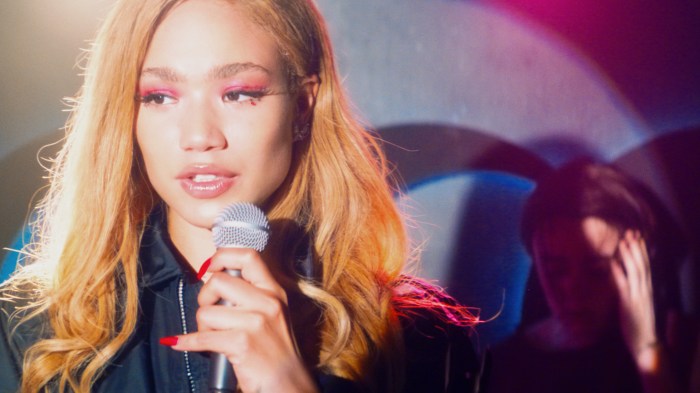New York State continues to position itself as a leader in the burgeoning cannabis industry, with significant strides made in regulatory frameworks and enforcement actions.
Gov. Kathy Hochul announced on Aug. 6 that the New York State Cannabis Control Board (CCB) approved 86 new adult-use cannabis licenses at this month’s board meeting. The CCB also adopted new bylaws, proposed regulations for public convenience and advantage, and provided updates on enforcement measures and the growing cannabis market.
“This year alone, hundreds of new cannabis licenses have been issued, and more than 1,000 unlicensed dispensaries have been shut down,” Hochul said. “We are witnessing a transformation in the State’s industry, and the progress made over the past several months is helping solidify New York as a national leader on cannabis.”
Enforcement against illicit operations
The state has also intensified its crackdown on illegal cannabis operations.
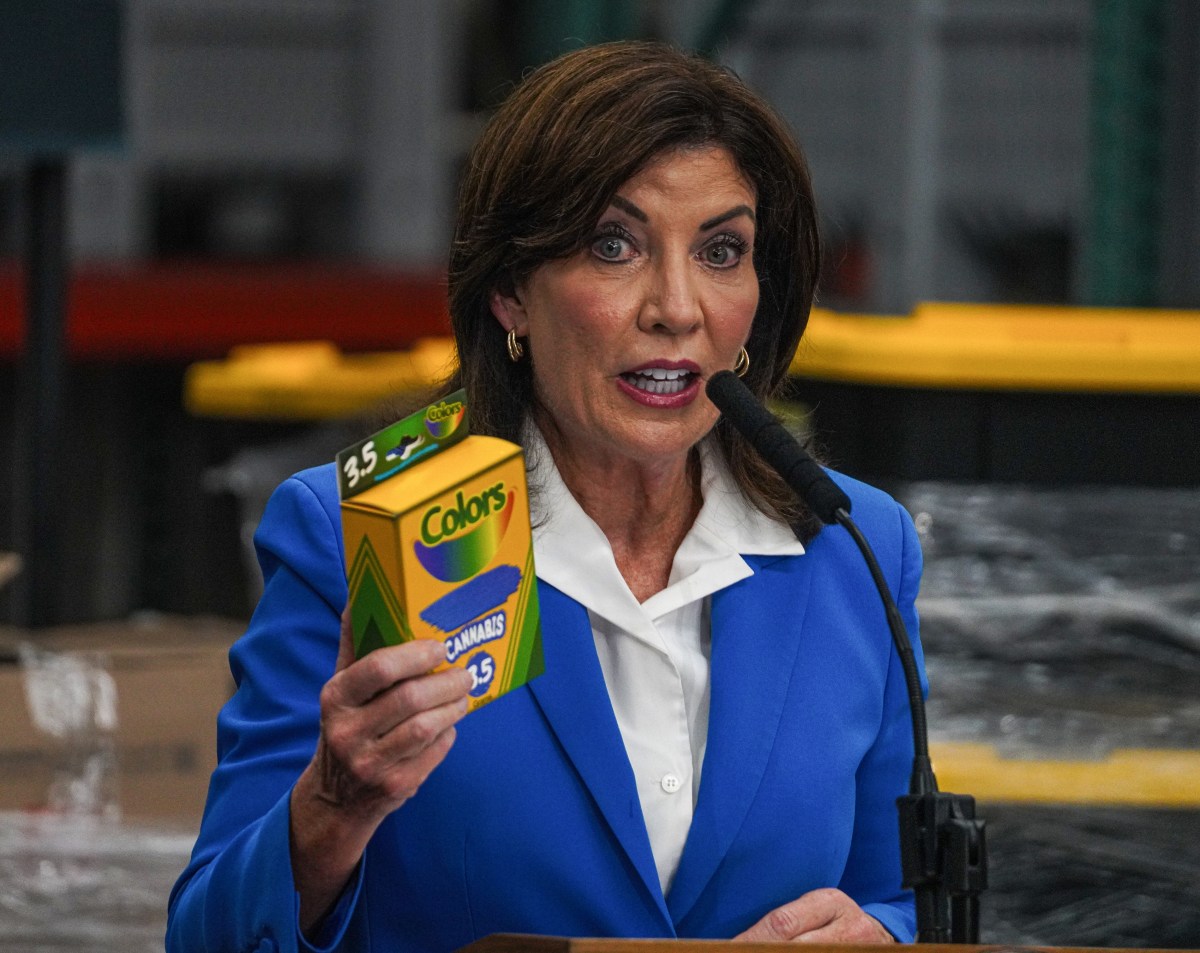
On Aug. 26, Hochul highlighted the success of the Illicit Cannabis Enforcement Task Force (ICET), which has led to the closure of hundreds of illegal cannabis businesses across the state. Launched in May, the ICET is a collaborative effort between the State Police, the Office of Cannabis Management (OCM), the Department of Tax and Finance (DTF), local law enforcement, and over a dozen other state agencies.
In just three months, the task force has deployed 150 investigators to conduct over 700 inspections. These inspections have resulted in the seizure of 7,485 pounds of illegal cannabis, with an estimated value of $28.9 million.
Additionally, 789 inspections have led to the issuance of 596 Notices of Violation and 345 padlocks. Notably, 136 locations either closed on their own or ceased illegal cannabis operations in response to enforcement actions.
So far, there have been 79 administrative hearings, resulting in 57 decisions — 52 of which upheld emergency padlocking measures.
Expansion of legal cannabis market
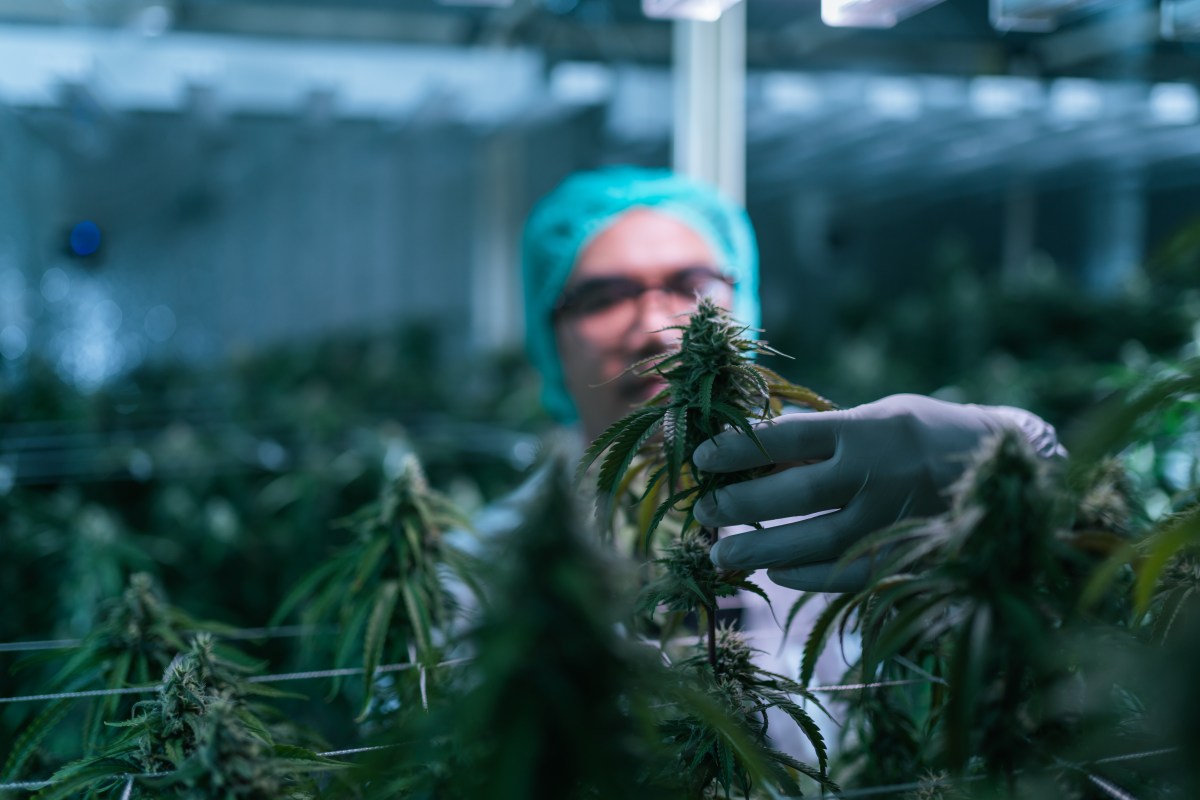
The 86 new licenses approved on Aug. 6 by the CCB represent a broad spectrum of the cannabis supply chain, including microbusinesses, cultivators, processors, distributors, and adult-use retail dispensaries.
The licenses include:
- 19 Adult-Use Cultivator Licenses
- 11 Adult-Use Distributor Licenses
- 16 Adult-Use Microbusiness Licenses
- 18 Adult-Use Processor Licenses
- 22 Adult-Use Retail Dispensary Licenses
Of the 86 licenses, 46 are for transitioning conditional cultivators or processors. This move underscores the state’s commitment to supporting businesses at all stages of the supply chain.
Felicia A. B. Reid, Executive Deputy Director and Acting Executive Director of the Office of Cannabis Management, emphasized the importance of diversity and inclusion in the industry.
“The Board’s approval of these licenses expands New York’s cannabis supply chain and ensures that the industry reflects both the diversity across this state and the great ability within the cannabusiness community,” Reid said. “By prioritizing social equity, New York is creating concrete opportunities for individuals and communities targeted by past prohibition and denied the ability to determine or define their own future. Inclusion and equity is not an anathema to economic progress.”
Market growth and social economic equity
New York’s legal cannabis market continues to show robust growth. Sales through mid-July surpassed $331 million, bringing the total sales since the market’s launch to nearly $500 million. Weekly sales revenues exceeded $17 million for the first time in July, reflecting the increasing demand for legal cannabis as more stores open and consumer access expands.
A key factor in this growth is the Social and Economic Equity (SEE) program, which promotes inclusivity and diversity within the industry. The program’s impact is evident in the composition of licensed businesses: 84% of retail dispensaries are SEE-owned.
As of the Aug. 6 Board meeting, 53% of adult-use licenses were held by SEE licensees.
The Office of Cannabis Management also reported that among the 86 newly issued licenses, 45 (52%) are SEE-owned businesses, 22 (13%) are women-owned businesses, and 18 (10%) are minority-owned businesses. This reflects the program’s commitment to fostering diversity and supporting underrepresented groups.
Currently, there are 156 dispensaries open for business across New York State, marking a significant milestone in the state’s journey toward establishing a thriving and equitable cannabis market.
Read More: https://www.amny.com/lifestyle/cannabis/



